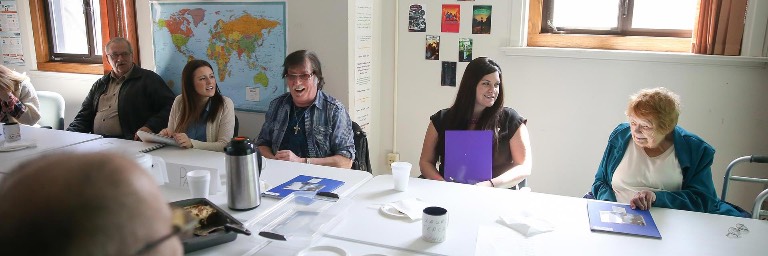Gerontology Minor
Help the world's aging population tackle mental, social and physical challenges.
Prepare to make a lasting impact on older generations with UND's minor in Gerontology. This interdisciplinary minor in gerontology enhances professionals’ capacity to work with older persons.
- Program type:
- Minor
- Format:
- On Campus
- Est. time to complete:
- 2 years
- Credit hours:
- 18
Why minor in Gerontology?
As people continue to live longer, the aging population faces a variety of challenges, including managing finances, maintaining health and wellness, and continuing employment. Make an impact on their lives by providing care and compassion.
The minor in Gerontology is versatile, transcending the healthcare sector and complementing a variety of academic disciplines. Students from diverse fields looking to enrich their understanding of the aging population—a demographic that is rapidly expanding—will find this minor beneficial. It is particularly applicable to those pursuing careers in healthcare, social services, community planning, and wellness. This interdisciplinary minor is a valuable addition to several majors, including:
- Criminal Justice Degree
- Kinesiology Degree
- Nursing Degree
- Nutrition Degree
- Public Health Education Degree
- Psychology Degree
- Social Work Degree
- Sociology Degree
For students in these majors, the Gerontology minor offers insights into the aging process, equipping them with specialized knowledge that can enhance their capacity to serve an aging population effectively and with empathy.
Gerontology Minor at UND
-
Our interdisciplinary approach allows you to tailor courses to your interests.
-
Enjoy close, collaborative relationships with faculty.
-
Develop knowledge, values and skills that equip you to work with older generations.
